I reviewed the last 4 years of Apple Events. Guess what.
Welcome to the Church of Apple.
It’s September. Two days ago, it was the blood moon - which was an absolutely gorgeous sight. And being September, the algorithm knows. “Techtember,” as WFDF World Ultimate Club Champion Marques Brownlee frequently calls it.
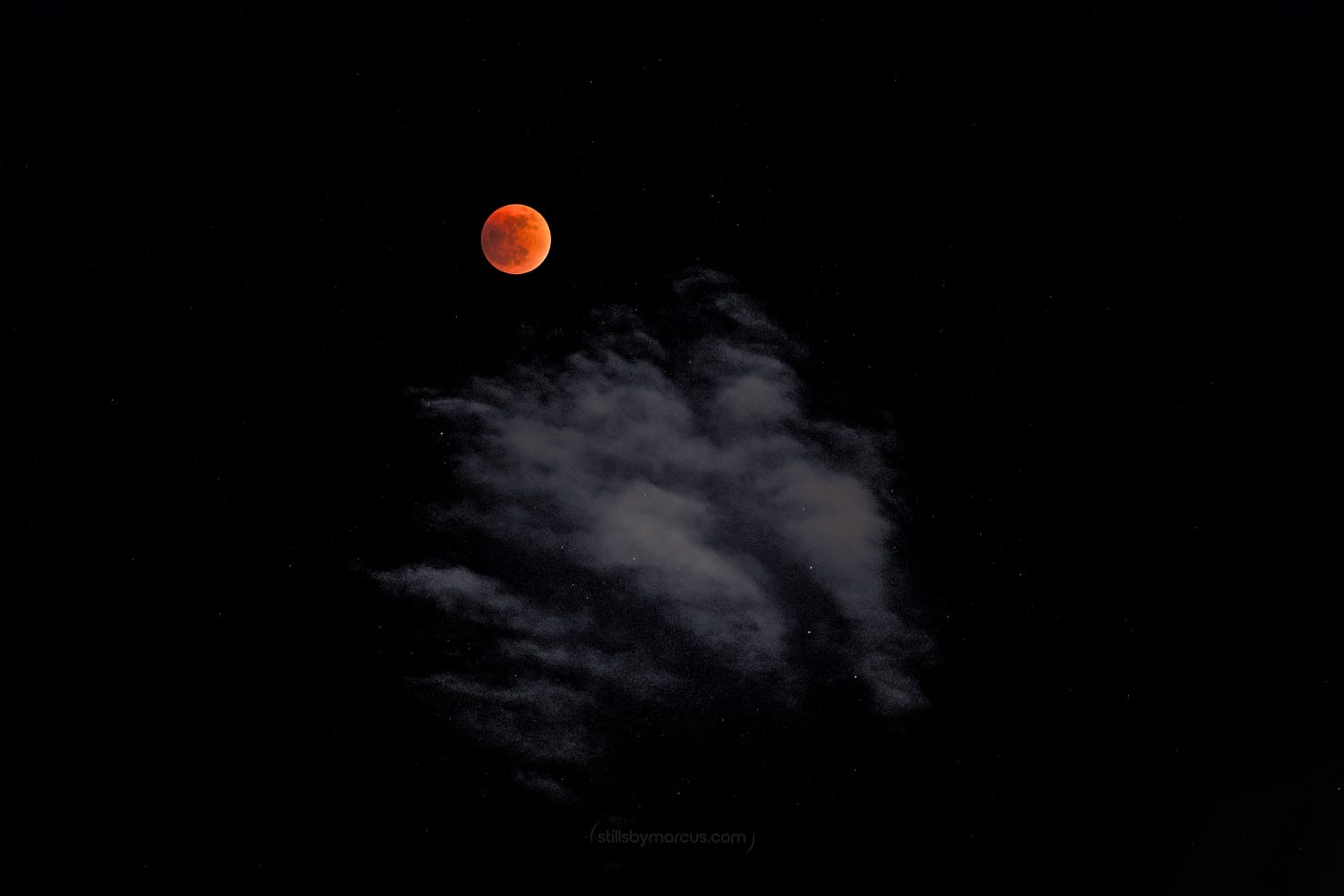
This year, as in many years past, we gather, virtually, for the annual sermon from Cupertino, a ritual as comforting, as choreographed, and as utterly predictable as a favourite film. And yet again, we gather here today to witness the number on the world’s most recognisable slab of glass and aluminium (or was it titanium this year? I’ll double-check in a bit) get a little bigger. Again.
It’s Groundhog Day.
The genius of Apple, as many before me have surmised, isn’t just in what they announce, but in the magnificent theatre of how they announce it. The real product they polish to a mirror shine each year is the keynote itself: A masterclass in narrative capitalism, a story so well told that we barely notice we’ve heard it all before.
Well, unless it’s been done beat-for-beat for years on end - then it gets a little hard to miss.
So, I did a thing. I sat down, with a nice, crisp bottle of Capitan in my hand, watching this year’s Apple Event, while playing a game of bingo against the transcripts of the previous years’ September keynotes - the 2022 event right through to the recent 2025 spectacle. It’s a sea of "breakthroughs" and "game-changers," part of Apple's six-act play, performed on a loop with the same script, just a different lick of paint on that super-lit stage.
Care to make a bet on next year's script?
Act I: Let’s talk about living - and dying.
“We’re not selling a watch. We’re selling a lifeline.”
Hey guys. Did you know that you’ll die? More importantly, did you know that you can die? Like, at any time. At any moment, sometimes for no reason whatsoever, you can just - drop. Dead. Gone. Did you know that? You knew? Oh, good. Then let’s remind you.
Because before we get to the silicon, we must first confront our mortality. The show opens not with a product, but with a parable, establishing the stakes before a single price is mentioned. And those stakes are life and death.
The Apple Watch is the star of this opening act. It isn’t a lifestyle accessory or a fitness tracker. The Apple Watch is your own personal guardian angel, [designed in California but certainly sent by a deity of your choice,] strapped to your wrist. The September 2022 keynote was the rawest execution of this tactic. It opens with a video montage of letters from real users, their voices narrating harrowing experiences where the Watch was their only link to survival.
"I was skating on a frozen river when the ice gave out," one voice recounts. "I didn't have my phone on me... I looked down and saw my watch... I held down the button and whispered, 'Siri, call 911.'"
Another user describes a plane crash: "The plane broke into six pieces, and we were miles away from civilization... all of a sudden, my Apple Watch started ringing."
"It was your watch that saved your life."
“Thanks for helping save my friend’s life.”
By the September 2023 keynote, [perhaps realising that they may have been a little heavy-handed that last time around,] the method was more refined, more cinematic. The raw testimonials were replaced with a beautifully shot short film. We see intimate, heartfelt moments, featuring friends, family, beaches, and charmingly soft lighting. The stories are varied, but the subtext is singular: These people are alive today because of their Apple devices. The film concludes thus:
“This year they all celebrated a birthday they thought they'd never have.”
After which Tim Apple Cook appears. His opening words are not about technology, but about its highest purpose.
"Like we just saw," he begins, "Nothing's more important than helping save lives. And it's amazing to see all the ways people use Apple Watch and iPhone every day."
Which is all… Ok. Ok. How do you argue with that? For real, how do you apply cold consumer logic to a device that has just been presented as the literal difference between life and death? You don’t. You are silenced into acquiescence.
The purchase is reframed as a moral one.
This narrative has only deepened. The features have evolved from being reactive (like Fall Detection) to proactively monitoring for unseen dangers. By 2024, the keynote announced sleep apnea detection, a condition where "80% of people... are undiagnosed."
Now, in 2025, it’s hypertension notifications, targeting a "silent killer" that "impacts approximately 1.3 billion adults worldwide."
Apple’s marketing team have learnt, practiced, mastered how to speak to our very mortality: The decision to upgrade is not simply about a desire for the shiny new object - it’s now a personal responsibility of the utmost importance. Can you really afford not to have the device that could save your life in a car crash or detect a silent illness? “want” is now “need”. What could be considered a luxury is now a form of personal insurance.
Is it brilliant? Absolutely.
Is it manipulative? You tell me.
Act II: The Sermon on the Mount.
“In the beginning, there was The Chip…”
So now that we’ve established you can die at any time, let’s move to the next part of the ceremony: The unveiling of the silicon. The annual microscopic pilgrimage to the heart of the machine. The new chip - the A-series for the iPhone, the S-series for the Watch, the H-series for the Airpods, the N-series for… - is the divine source from whence all other blessings and features flow.
It is the miracle that makes the magic possible. The language is one of power and creation, a litany of statistics so vast as to be abstract. In 2022, introducing the A16 Bionic, Joz Joswiak didn't just say it was fast. No no no. “Fast” is too slow, guys. He stated with unwavering confidence that it was "generations ahead... up to a whopping 40% faster than the competition." The rest of the field will never, ever catch up, right? Right?
Come 2023, when introducing the A17 Pro, the language is biblical in its scale. We are told it was the "industry's first 3-nanometer chip" containing a staggering "19 billion of these transistors." The Neural Engine (those Apple folks love naming things) was "up to twice as fast," processing "up to 35 trillion operations per second." The numbers change, the nanometres shrink, but the sermon is the same.
By 2025, the A19 Pro is delivering "MacBook Pro levels of compute in an iPhone."
(Also: 35 trillion, guys. Trillion. With a “t”.)
From a scripting and narrative perspective, again, it’s brilliant: Establishing indisputable technical superiority before a single real-world benefit has been demonstrated. It’s a technological halo effect, just by the sheer scale of the numbers being presented.
“The power is absolute. Trust us.”
(Sidenote: Sometimes, in my own head, I pronounce “halo” and “hallo”. Just to entertain myself. And now, you will too. You’re welcome.)
Act III: The Gospel of sustainability.
“Confess thy [environmental] sins, one to another…”
So, checklist: Reminded of our fragility? Check. Awed by Apple’s power? Check. Now it’s time for our annual corporate absolution. Because the environment, guys. The environment.
A segment specifically designed to soothe the cognitive dissonance of mass consumerism, to reassure us that buying this new, resource-intensive device is, in fact, an act of penance - if not of outright virtue.
In 2022, the message is woven into the product announcements: "...one metric ton of recovered main logic boards and cameras has the same amount of gold and copper as over 2,000 metric tons of mined rock." It’s an important detail, but still a supporting point.
By 2023, they elevate the form with the SNL-style "Mother Nature" comedy sketch, cleverly preempting criticism by making fun of themselves first. The sketch culminates in the announcement of the Apple Watch as Apple's "first-ever carbon neutral product." Mark you, not as a footnote, but as a headline feature, a core part of the product's identity.
(By the way, I will watch pretty much anything Octavia Spencer is in. Because… gift to humanity, this human. Gift to humanity.)
(Another by-the-way: That same-said sketch mentions something about grasslands in Kenya being restored thanks to Apple’s efforts - or something like that. “Our aim is to permanently remove carbon from the atmosphere.” Note to self to look into that - before a certain president decides to take credit for it in his next roadside declaration or climate summit.)
Every year since, we get the statistical rundown. 100% clean electricity for manufacturing. The elimination of leather. 100% fibre-based packaging. Shipping more products by ocean to reduce emissions by 95%. And more, and more.
And just like that, the guilt is gone. So you get to have the shiny new object and feel like Captain Planet while you're unboxing it. What a deal, right?
Act IV: The Great Divide.
“The Haves and the Have-mores…”
I mentioned Marques earlier. There’s something he talks about once every so often when he’s referencing Apple: The price ladder. I have a variation of that, admittedly based on a slightly more cynical perspective.
Apple has perfected a class system within its own product line, ensuring that the standard model is excellent, but the Pro model remains tantalisingly, aspirationally, better. And it’s a consistent formula to which they ruthlessly abide. In 2023, the standard iPhone 15 inherited the Dynamic Island and the 48MP camera from the 2022 iPhone 14 Pro. The real "innovation" is always held back as a mark of Pro status. When the Dynamic Island launched in 2022, it was described as "an entirely new and intuitive way to interact with iPhone, one that truly blurs the line between hardware and software." It was also exclusive to the top tier, creating an immediate visual signifier of who had the 'best' iPhone.
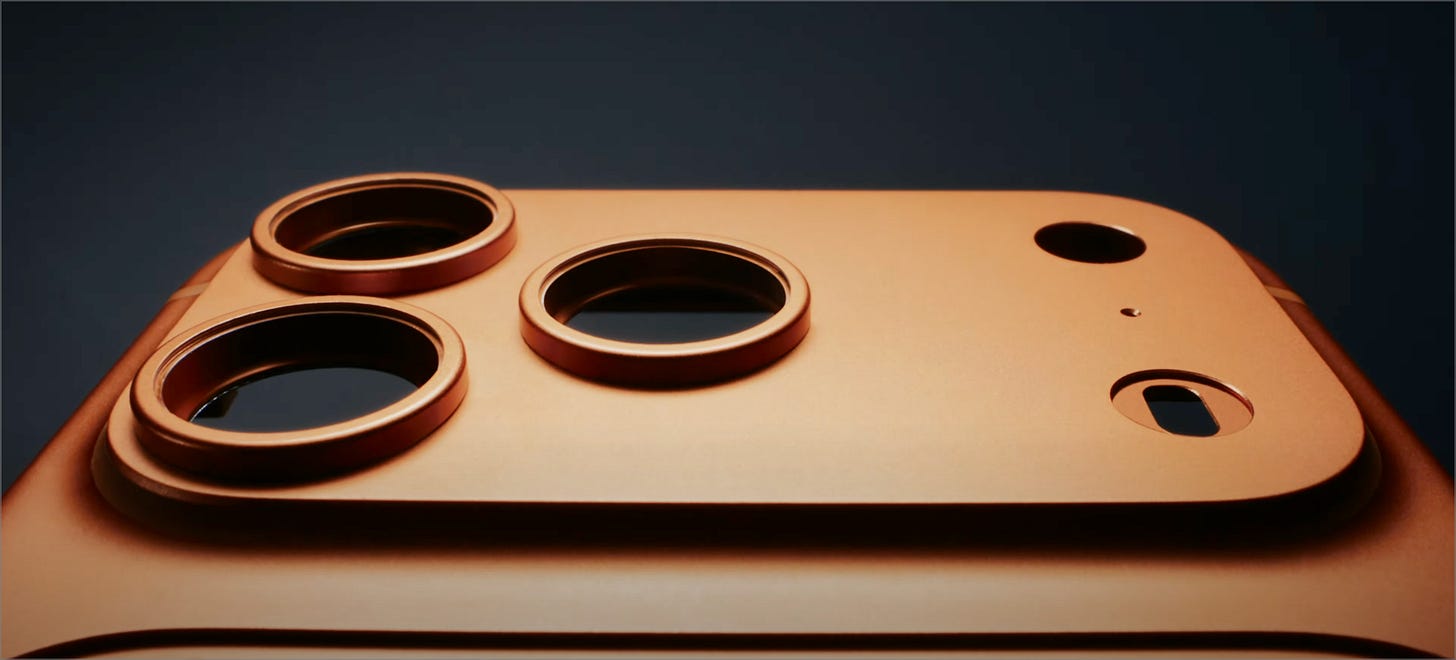
The language of materials science is a key tool in this stratification. In 2022, the Pro models featured "beautiful and strong surgical-grade stainless steel," while the standard model had "aerospace grade aluminum." Both sound like they were stripped off a rocket, but one is clearly the first-class rocket. At this point, they could call it 'Quantum-Fibrous Aluminium' (because remember, those Apple folks looove naming things) and we'd probably nod along, because the real feature isn't the material itself, but its exclusivity. By 2023, the iPhone 15 Pro was introduced with an "astonishing new titanium design," lauded as "the most premium material we've ever used in an iPhone enclosure." The Pro models also received a new USB controller enabling USB 3 speeds "up to 20 times faster than USB 2," a crucial feature for creative professionals that was conveniently absent from the standard model.
The standard iPhone is fantastic. But Apple ensures you know, with every glance at a Pro model, that the true cutting edge, the real status symbol, is always one tier (and a few hundreds of dollars) away.
Commercial theatre, brilliantly staged and executed.
Act V: The Immaculate Conception of "Intelligence".
I’m a bit embarrassed: I couldn’t come up with a clever subtitle for this part, tbh.
Of all the narrative threads woven through the last four years, none is more significant than the story of artificial intelligence. This one… Wueh. This one was interesting - a long, deliberate, and masterful branding campaign for a feature that ended up being… Well, less than whelming, and more like a beta test we’re all painstakingly paying for.
In 2022 and 2023, AI was the man behind the curtain. The language was technical. In 2022, it was "computational photography" and the "powerful Neural Engine" that enabled the "Photonic Engine." (Those Apple folks really loooooove naming things.) In 2023, the focus was on the S9 chip's Neural Engine, which made on-device Siri requests "faster and more secure." The key phrases were "on-device processing" and "advanced ML model." The benefit was clear - speed and privacy. But the technology was an ingredient, not the finished meal.
WWDC 2024 was the turning point. This was the moment the ingredient was given a name and a soul. Tim Cook opened the show by promising "profound new intelligence capabilities." Apple went beyond announcing AI features. They christened a new brand: "Apple Intelligence." (I keep imagining the marketing and branding teams both cheekily and heartily congratulating themselves on that one, because… AI.)
The presentation was a tour de force in positioning. Craig Federighi laid out the core principles: It had to be powerful, intuitive, integrated, personal, and, most importantly, private.
This was a direct counter-narrative to the rest of the industry. The theological doctrine that made this claim possible was "Private Cloud Compute." (Those Apple folks do looooooooove naming things.) This was Apple’s solution to the AI scaling problem: how to offer server-based models while maintaining the privacy promise of on-device processing. As the keynote explained, these models run on "servers we have built especially with Apple silicon." User data is never stored or made accessible to Apple.
In summary: This was one of the most masterful rebrandings of 'playing catch-up' the tech world has ever seen. After years of being mocked for a less-than-stellar Siri, Apple had patiently crafted a narrative that allowed them to enter the AI race on their own terms, positioning privacy not as a limitation but as their single greatest strength.
Act VI: The Ecosystem Altar Call
“Come home - there's no place like it.”
Towards the end of the presentation, all the threads are woven together in the grand finale, the celebration of the ecosystem. This is the altar call, the moment that reinforces the central tenet of the Apple faith: The true magic only happens when you are fully committed.
The doctrine that binds the ecosystem together is "Continuity," (seriously, those Apple folks love love loooooooove naming things,) and its power has accelerated dramatically. The simple, foundational magic was on display in 2022, when Tim Cook reminded us that "with one tap, AirPods are instantly set up and ready to work with your iPhone and Apple Watch."
By WWDC 2024, that simple magic had escalated into something profound with iPhone Mirroring in macOS Sequoia. As demonstrated on stage, "I can see what's on my iPhone and can control it too, all while barely lifting a finger... I can fully interact with it all wirelessly." By 2025, the final wall came down with the introduction of the Phone app on Mac, syncing your entire call history. The separation was gone.
This is the real endgame. The technology is just the bait. The trap is a life so frictionless, so seamlessly convenient, that the thought of leaving becomes an act of self-sabotage. The old lock-in was technical - proprietary connectors and software. The new lock-in is psychological. The true moat is no longer about what you can’t do if you leave. It’s about the seamless, zero-friction experience you lose. It’s the social horror of being the "green bubble" in a sea of iMessage blue. Leaving the ecosystem becomes an act of choosing a life of minor, constant annoyances. The bars of the cage are gilded with convenience.
And surely, why would you want to go back into the world, once you’ve seen the light? Can I hear an “Amen!” brethren and sistren and themren?
The Ritual is the Product.
The six acts of Apple's September service. The moral opening that makes you a bad person for not caring about your health. The sermon on the chip. The green absolution for your consumerist sins. The carefully constructed class divide. The immaculate conception of a new gospel. And the final, glorious altar call to the ecosystem.
The ritual is the most polished product Apple ships all year. We tune in not for the shock of what they’ll announce - the leaks have already taken care of that, and weren't those leaks enough to fill an ocean this year - but for the performance of how they’ll announce it. It’s a commercial ritual that is comforting, compelling, and wildly effective.
Perhaps the most revealing thread in this whole thing is not about Apple, but about us. Why do we keep watching, knowing the script by heart? Perhaps it’s because, in a world of overwhelming complexity and intractable problems, there is something deeply comforting in this simple, elegant narrative. A world where every problem has a solution, where progress is linear and guaranteed, even if frustratingly incremental, and where a little bit of magic can be held in the palm of your hand.
September 2026 is not too far away. And even if full pictures of the products and the specs leak beforehand, we’ll still watch the sermon, not because we expect to be surprised, but because we long to believe in the simple, beautiful world it promises.
And that, perhaps, is the most human story of all.
I'll be here next September, cold Capitan in hand - that is, assuming my Watch fulfils its sacred duty of keeping me alive until then. The script is already written, all the placeholder text already present: “Our most powerful iPhone yet… Longest lasting battery yet… Best and most capable camera yet…”
And I'm still willing to bet you that coffee that we know exactly how the story goes.
Welcome to the Church of Apple. Can I hear an “Amen!”?


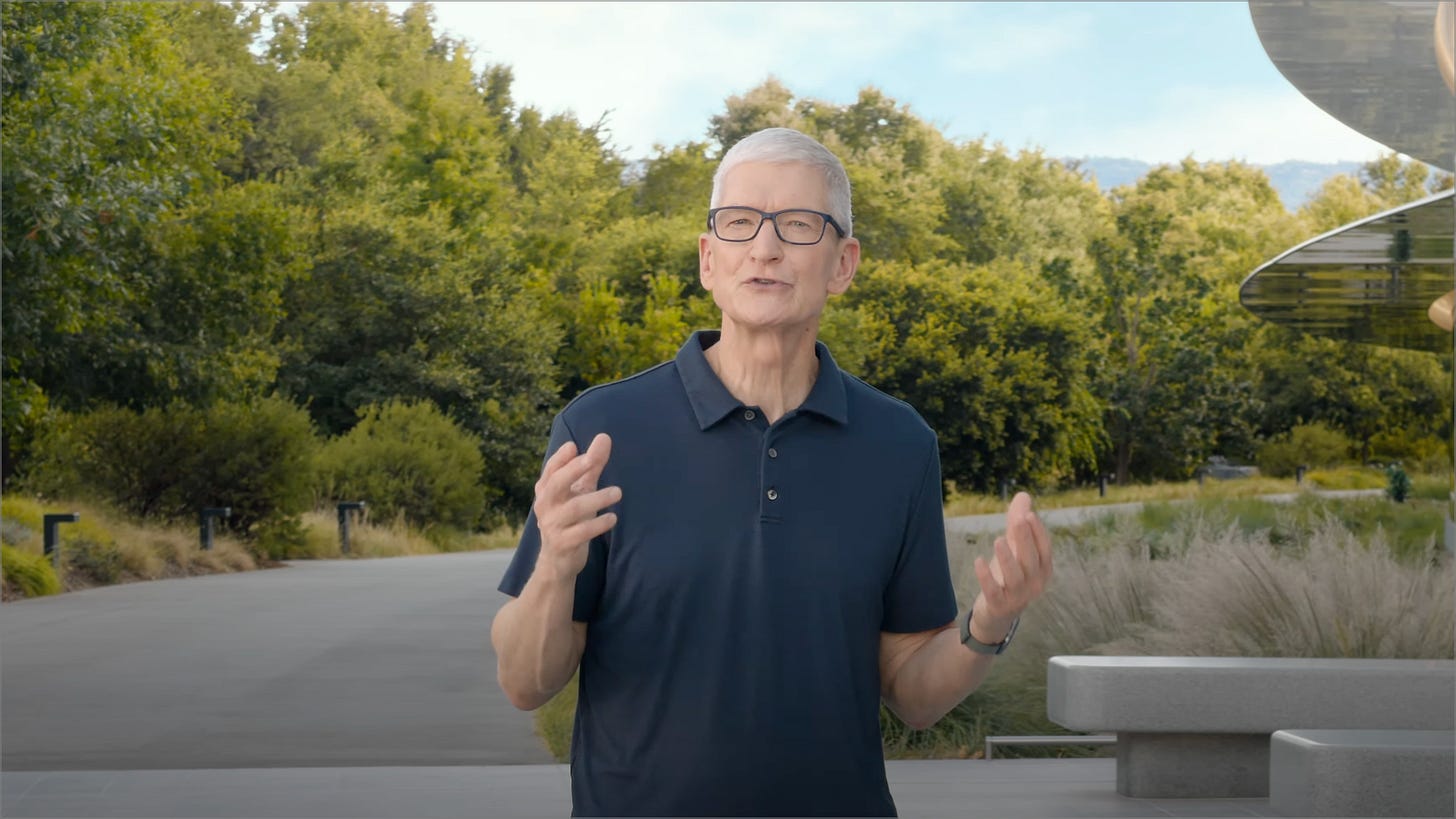
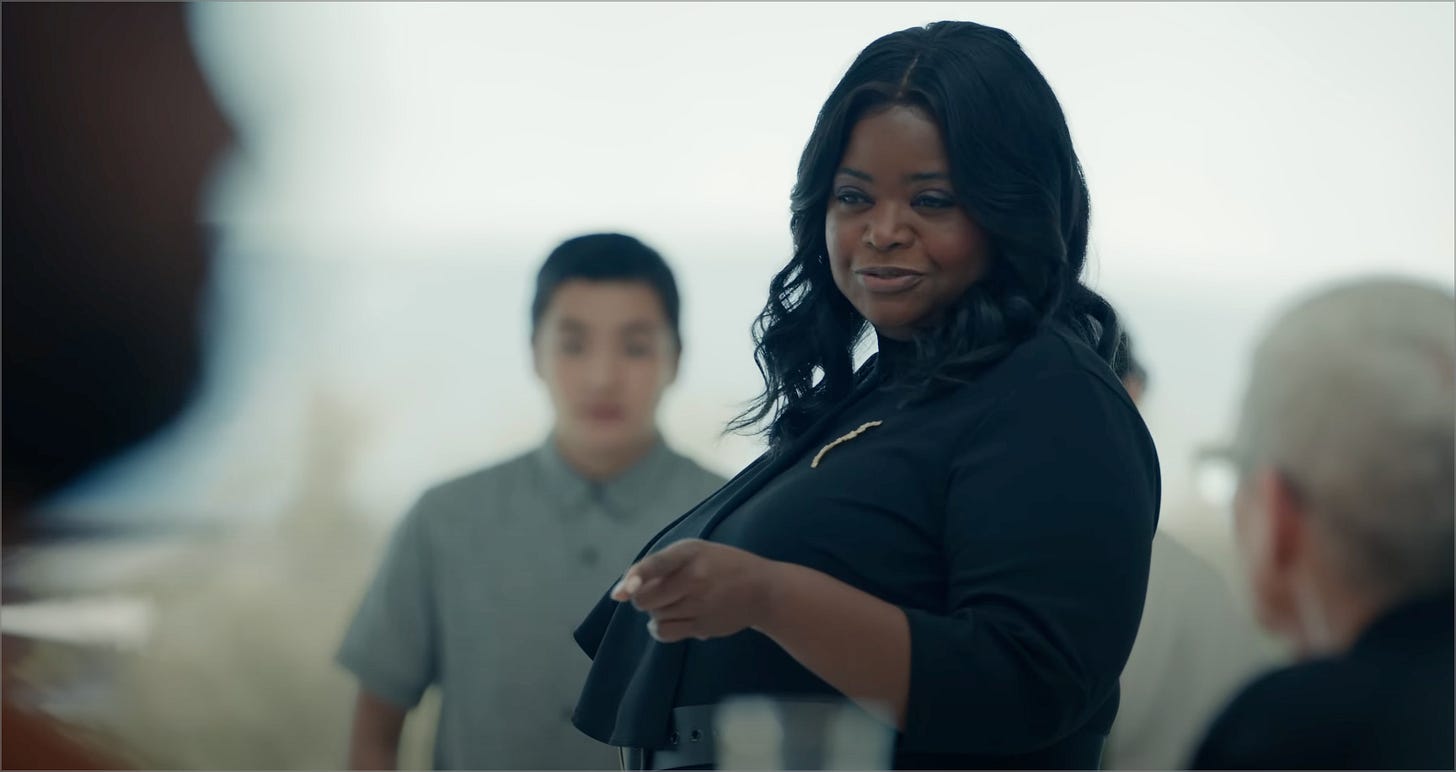
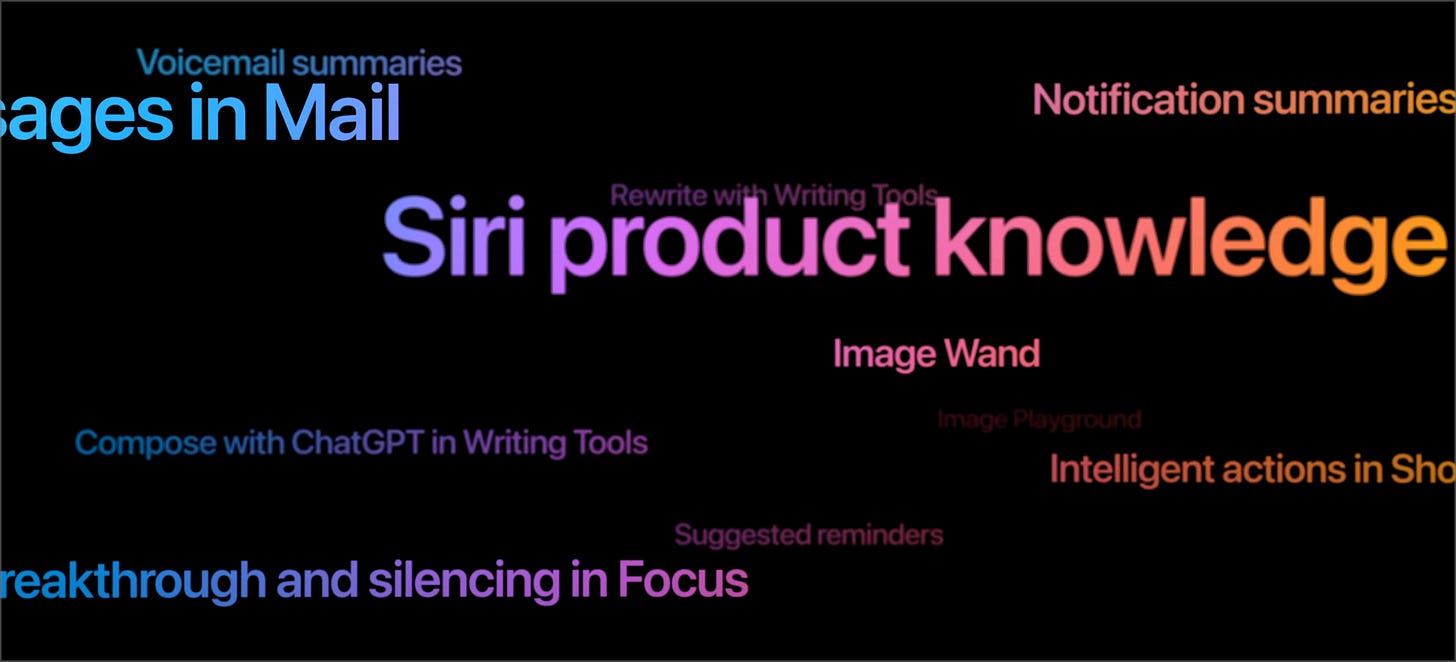
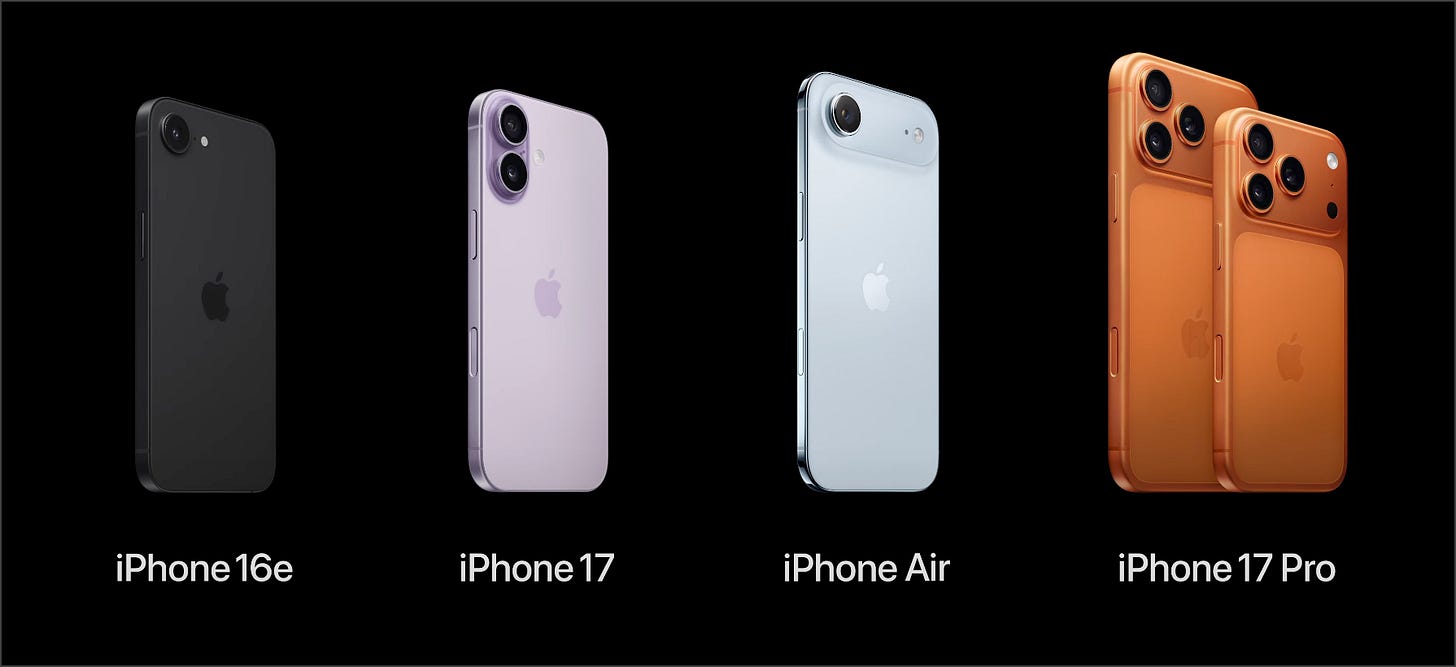
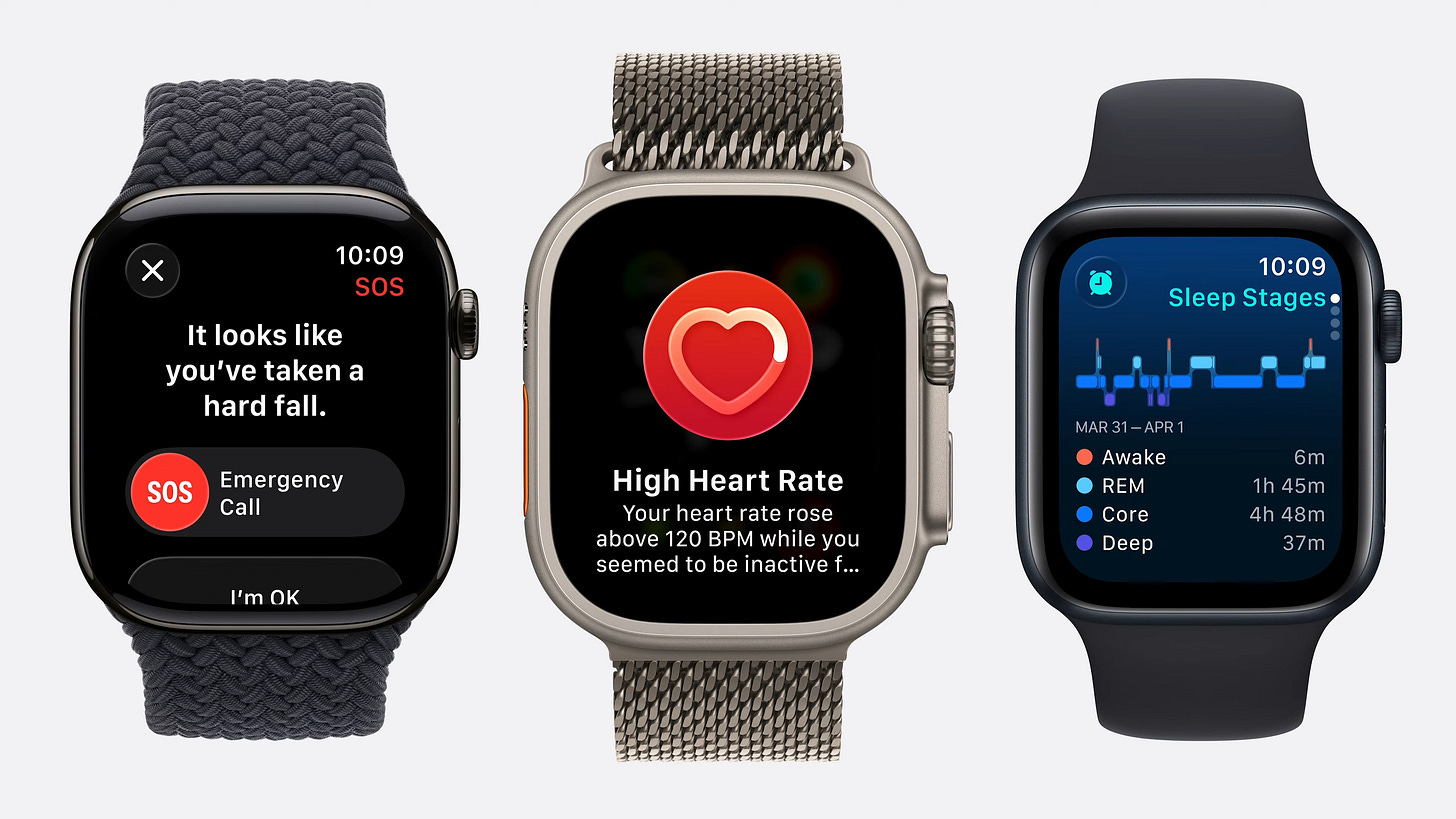
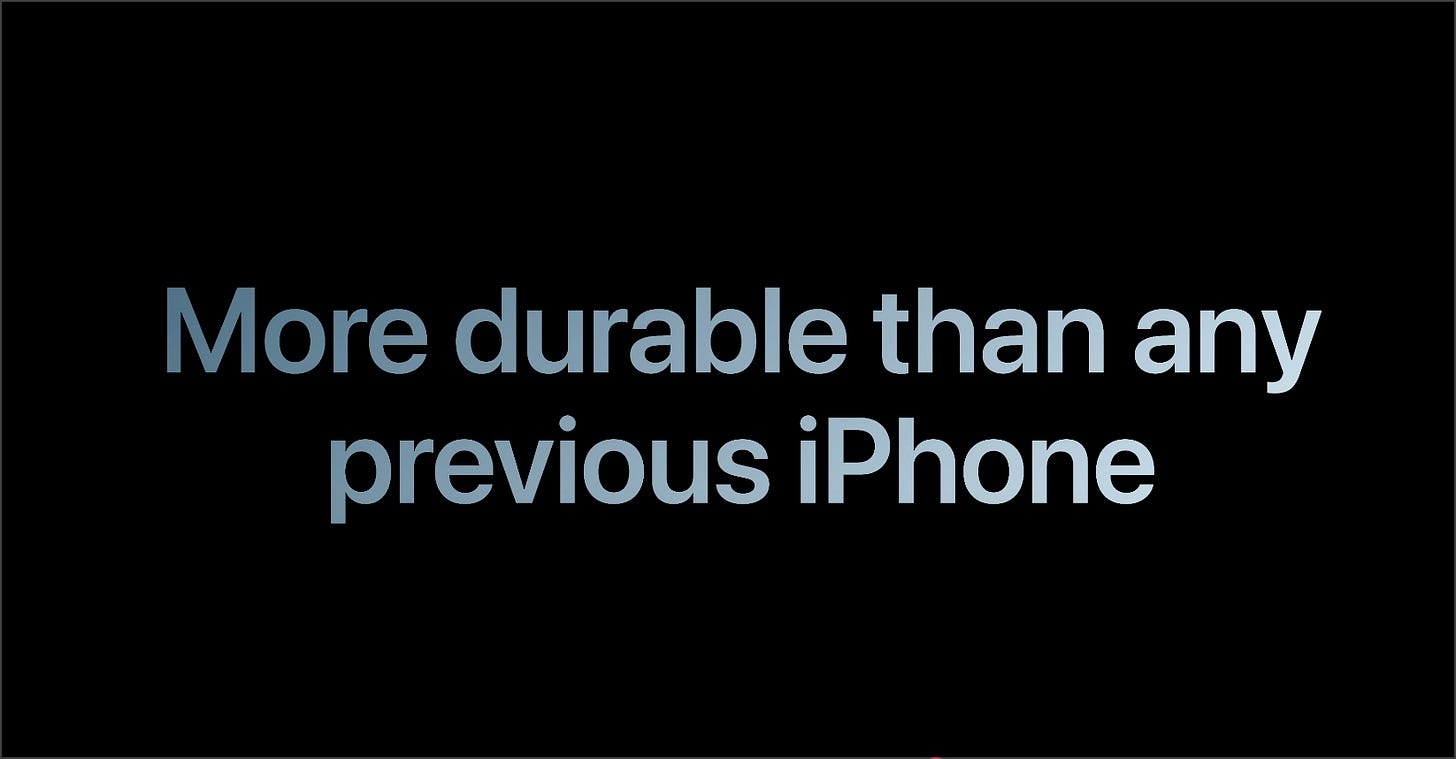
AMEN brother 🙌🏽😂... honestly act 4 was my favourite chapter out of the rest....now I've understood a bit about the church that I shall not take membership to 😂😂😂😂
https://open.substack.com/pub/techitalt/p/apples-2025-showcase-a-thinner-iphone?r=5jmutn&utm_campaign=post&utm_medium=web&showWelcomeOnShare=true